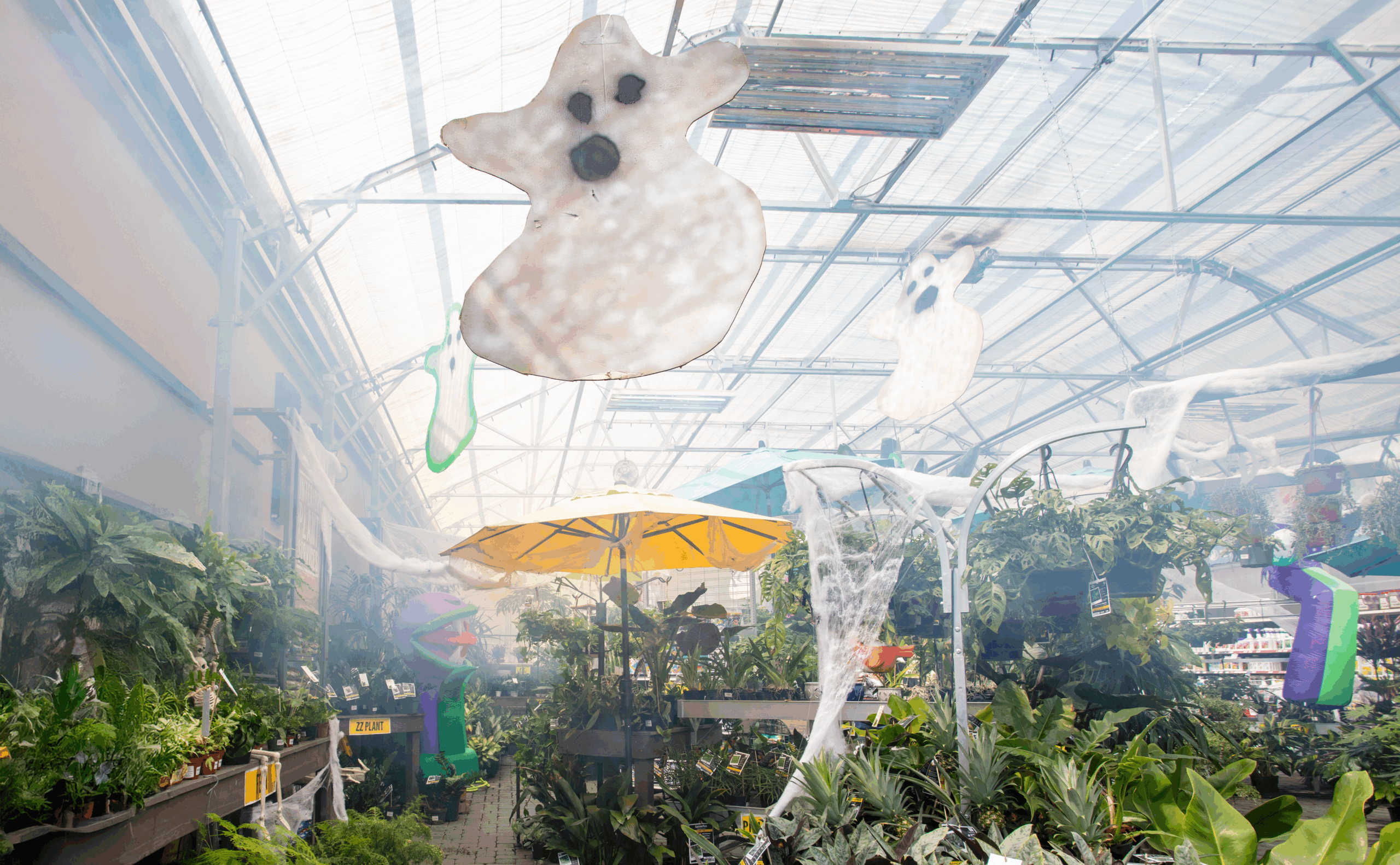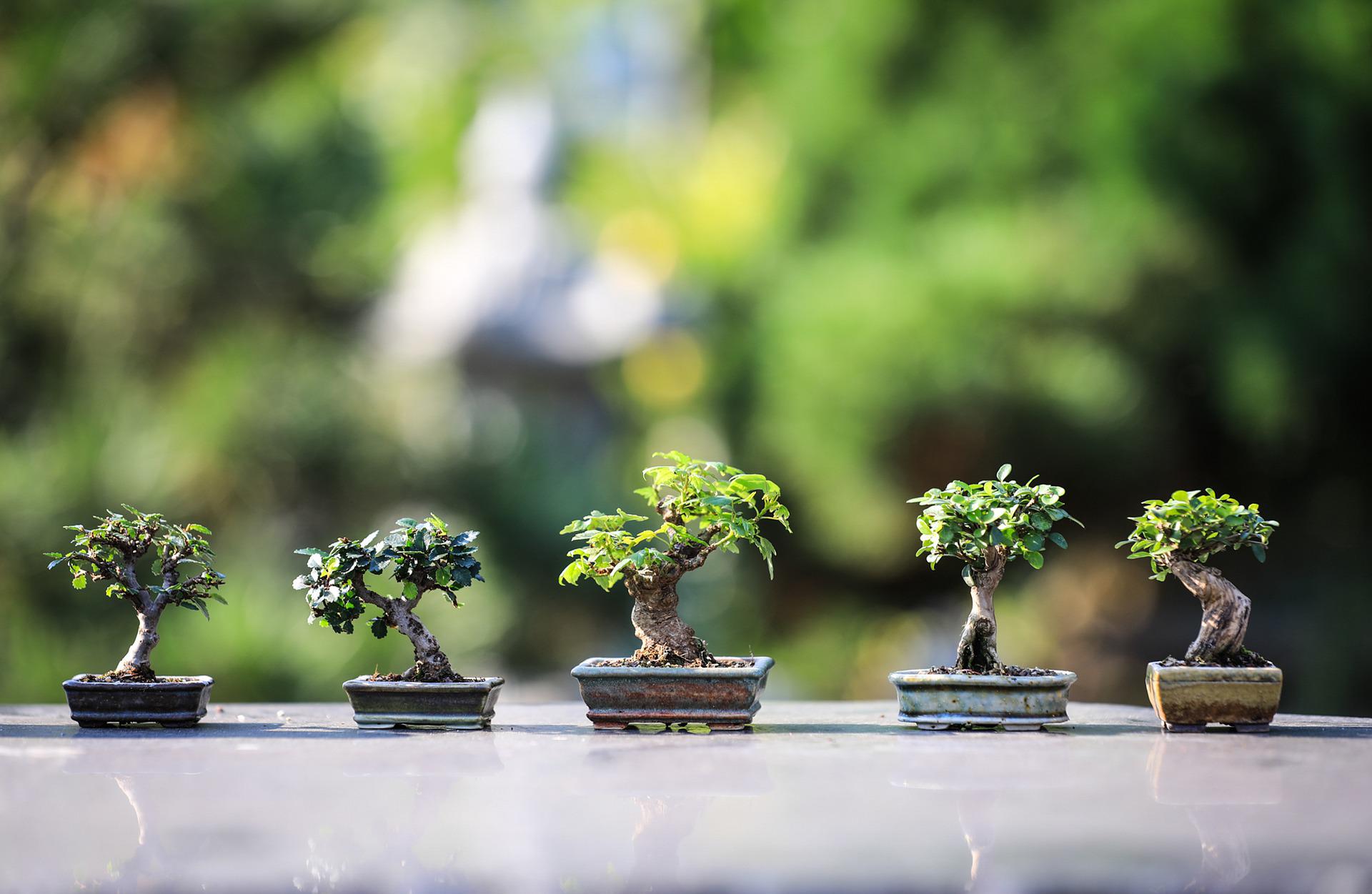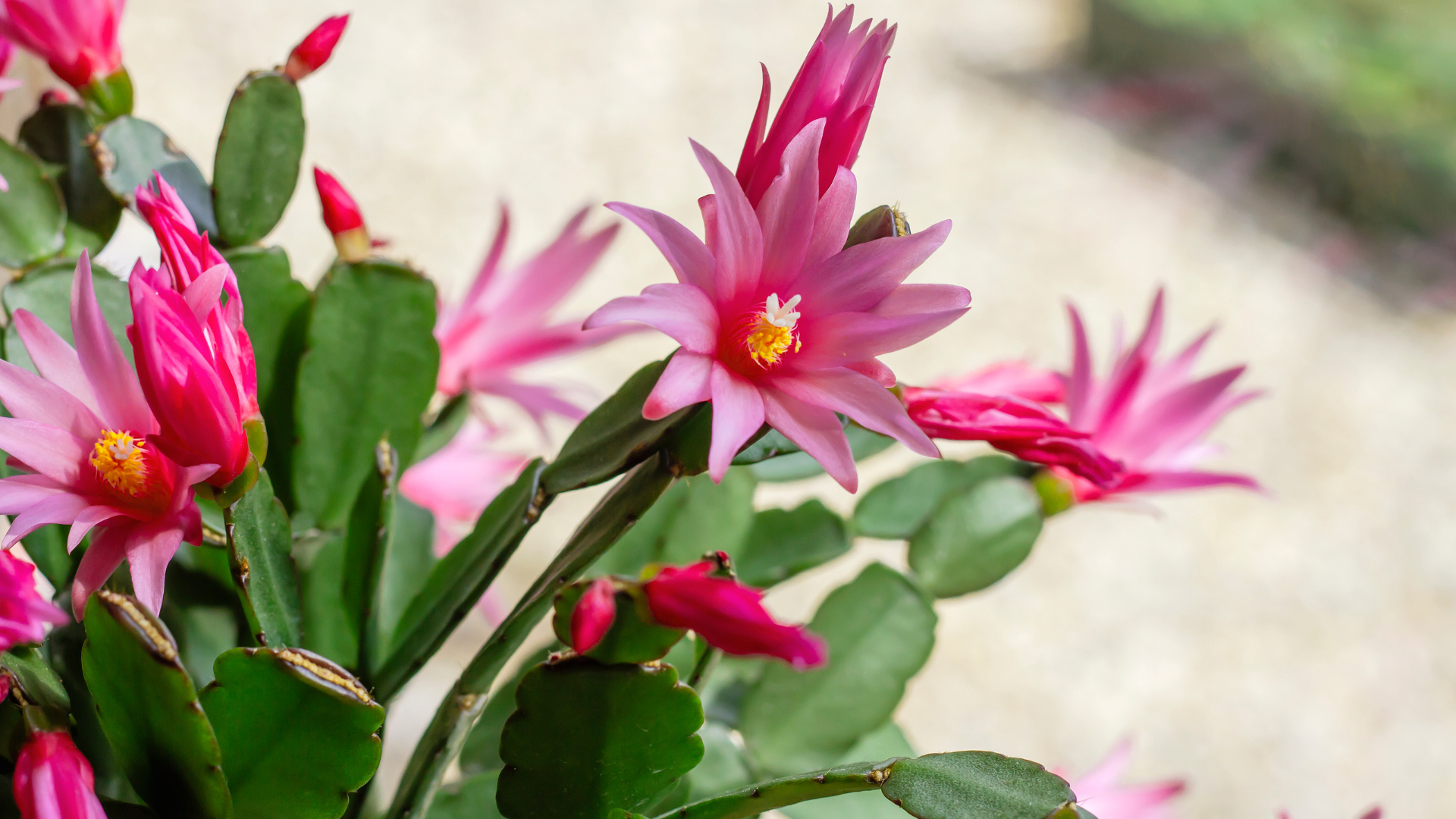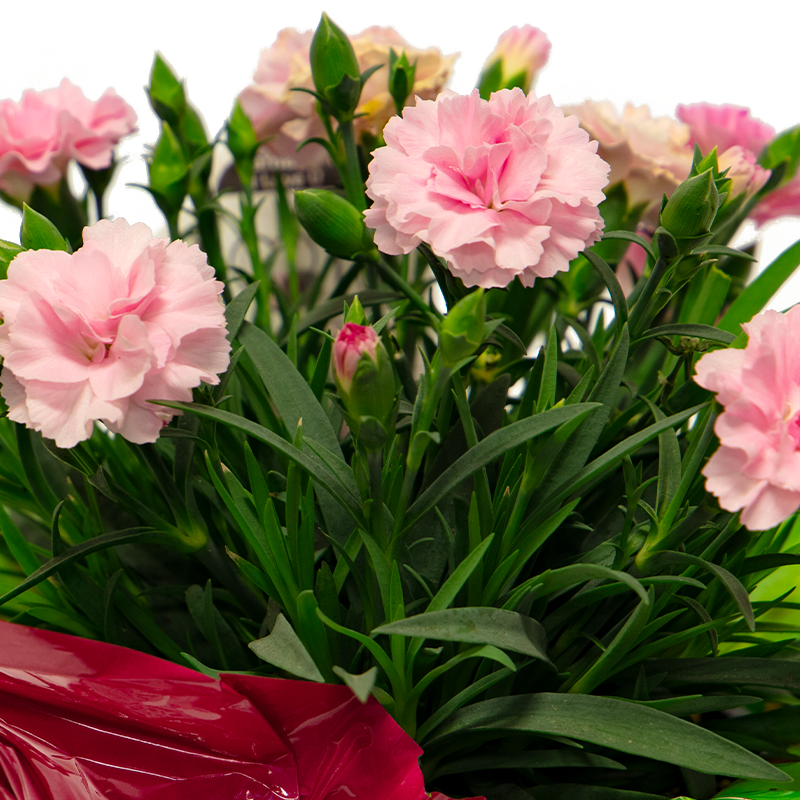Share
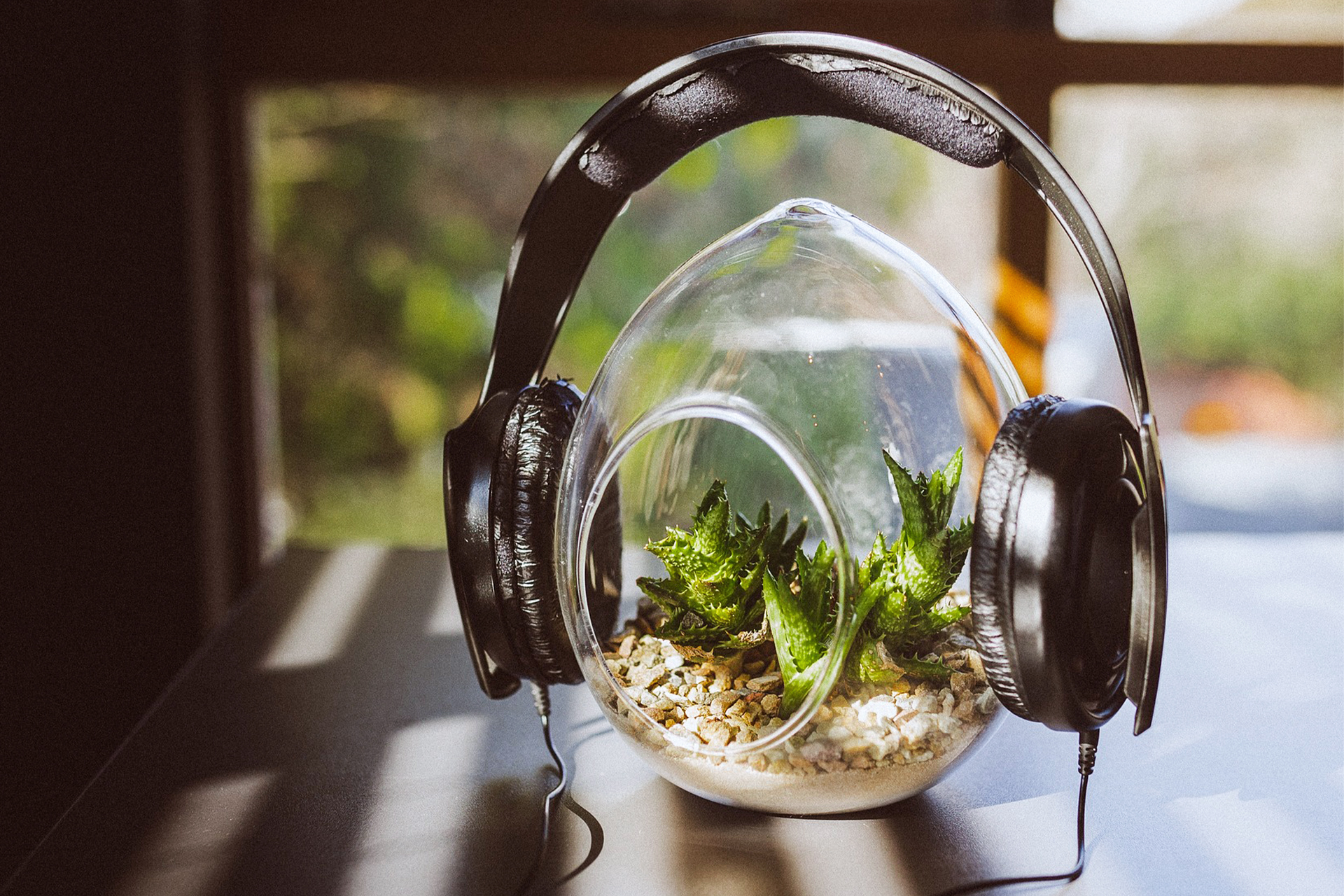
Is Music Good For Plants?
A photo of the Barcelona Opera House hosting a string quartet has been making the rounds on the internet again. While this may not sound like a particularly interesting picture, let alone one worthy of going viral, it’s the quartet’s audience that has drawn attention. Back in June 2020, to mark the reopening of the Opera House after it was temporarily closed during COVID lockdowns, the UceLi Quartet performed for a full house of over 2,000 houseplants. You read that right: 2,292 indoor plants were brought in from local nurseries to pack the seats for this concert before being donated to healthcare workers at a nearby hospital.
This performance was meant to make a statement about the Opera House reopening without filling the venue with people while COVID lockdowns were only just starting to ease, but it raises a recurring question in the indoor plant community: do plants like music? You may know someone who swears by playing music for their plants. You may even be one of those people! Does it actually help them grow though?
The science behind it is a bit shaky, but there have been studies done by a wide range of researchers that show that yes, plants respond positively to music. They can’t “listen” to music the same way we do of course, but the vibrations put off by the sound of music can be picked up on by plants. In nature, these vibrations would be caused by things like the wind, rushing water, animals brushing past, or insect attackers, so it makes sense that sound waves are capable of having an effect on the well-being of our plants. There are too many variables behind playing music for plants to draw a definitive conclusion, such as type of speaker, type of plant, and the specifics of each song played, but the overall consensus is that plants can indeed “enjoy” music, in that they can have a positive reaction to the vibrations that it gives off.
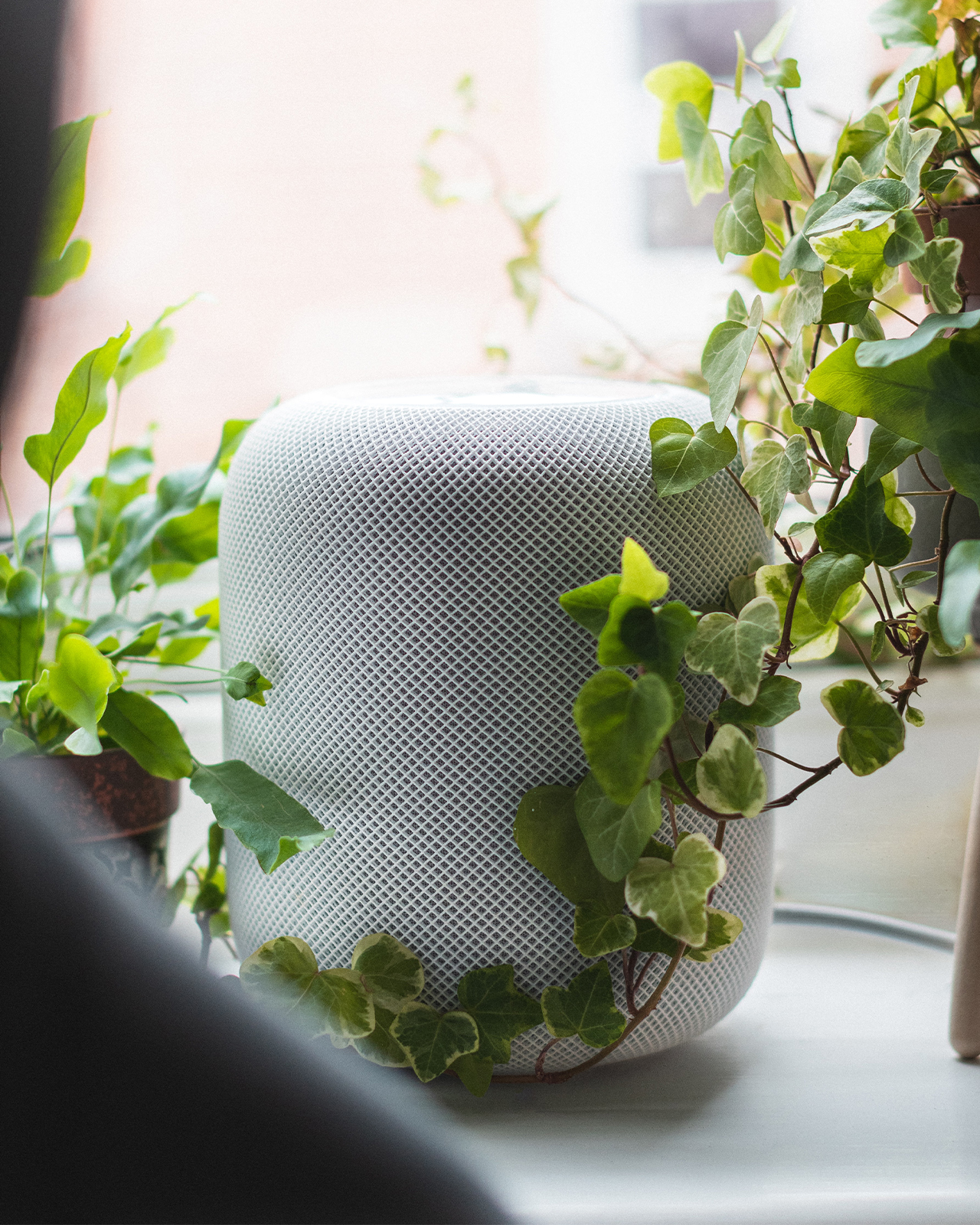
The capacity to “enjoy” music also means that plants are able to “dislike” music though, which is another interesting facet to this question. If plants react to music, what types of music cause a positive reaction versus a negative one? Most people think that classical music is the go-to for plants, and they’d generally be correct. Most studies have found that plants react positively to music featuring stringed instruments, as well as Jazz, meditative sounds, and other softer genres. On the flip side, studies have been a bit split on what music plants don’t like. It would make sense that if plants like easy listening and softer sounds that they would dislike harsher sounds like rock music, and some studies have found this to be the case. However, multiple other studies, including one done by the Mythbusters, found that plants like heavy metal just as much as or more than classical. Not much research has been done into genres like pop, country, hip-hop, or EDM that would fall more in the middle of the soft/harsh spectrum, but the overall findings seem to point to the more rhythmic the music, the better it is for plants.
Being able to tell what a plant likes or dislikes can be tricky though. In some cases it’s obvious, plants “dislike” being without water for too long as this will kill them, but when it comes to something that isn’t life-threatening, like music, scientists have had to find different ways to measure the plants’ reactions. In the study done by the Mythbusters for example, they used height and pea pod size as their main measures since they used pea plants for their experiment. Plants exposed to recordings of people talking grew taller over the same span of time than plants kept in a silent greenhouse, no matter if the talking was gentle or harsh. Plants that were played classical music grew even more than the ones exposed to talking, and plants that listened to nonstop death metal grew the tallest and produced the largest pea pods.
Other studies have factored in the health of this growth by counting the size and number of leaves that plants grew, as well as any browning or dead leaves, and found generally the same results: classical is better than silence and metal is better than classical. Some studies even got into the nitty-gritty of how plants function while being played music by focusing on their stomata. Stomata are mini openings on plant leaves that the plant uses to “breathe”. Stomata close at night or when the plant is stressed, so these tests kept an eye on what the stomata did during the plants’ exposure to music. Plants listening to classical music kept their stomata open longer than plants kept in silence, helping them intake more air and thus grow larger faster. Other studies still even looked at things like if music helped seed germination, increased the number of blooms, or affected the taste of fruit, and all found differences between the plants exposed to music compared to the ones in silence, with the plants that had music performing better in every category.
One small study also compared the results of classical and rock music with “non-rhythmic traffic noise” to see if just any old vibrations would encourage this increased growth. Instead, they found that plants exposed to this nonstop noise tried to grow away from the source of the sound and eventually started dying after 4 weeks of exposure while the control plants kept in silence were still healthy. While the sample sizes were too small to draw large scale conclusions from, it’s a really interesting result! With such a wide range of studies showing support for music being beneficial to plants, it’s no wonder that this is a widespread belief. There are even playlists specifically for plants on music streaming platforms like Spotify.
While we may never fully know what our favorite plant’s favorite music is, one thing is for certain: plants are able to pick up on and react to what we play for them. Some of the best music you can play for any plant though? Your own voice! As you sing, you exhale carbon dioxide, which plants take in as part of their energy creating process. The more you sing, the more carbon dioxide you breathe out for them to use up. Plus, if you care enough about your plants to sing to them or play music for them, you likely are an attentive plant parent all around and make sure your chlorophyll-filled friends are well taken care of. If playing music makes you feel better around your plants and helps you take better care of them, then that’s worth more than anything the music alone could do. So whatever you may listen to, play it loud and play it proud, for both you and your plants!

If you have any questions, stop by any one of our three Moana Nursery garden centers or contact us online.
Share
This Halloween season, Pyramid Way Moana Nursery is turning up the fright factor in a way you’ve never seen before.
Bonsai trees are more than miniature plants in decorative pots—they are living works of art that embody harmony, patience, and the deep relationship between nature and human craftsmanship.
Rhipsalidopsis gaertneri, commonly known as Easter Cactus or Spring Cactus, is a stunning succulent that blooms in spring, adding a burst of color to indoor gardens.
Dianthus are more than just beautiful flowers—they embody resilience, charm, and the promise of vibrant blooms both indoors and out.

